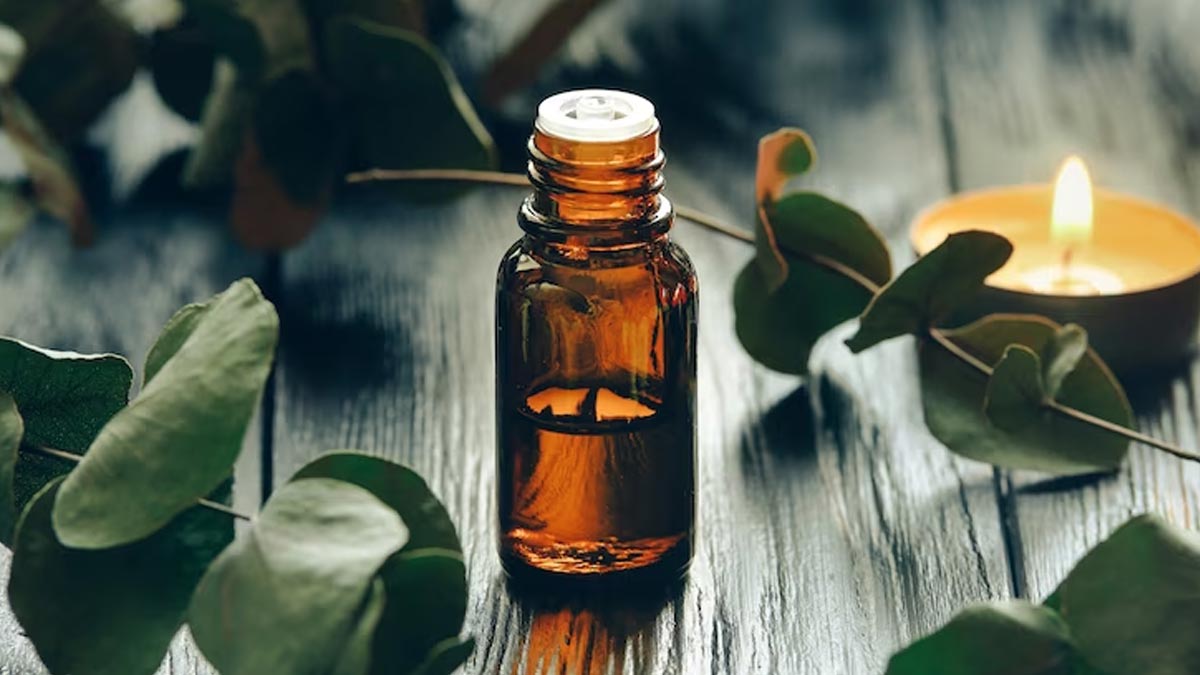
Isn’t it calming to step into your room and be greeted by the soothing scent of lavender wafting through the air? After a hectic day at work, it does the work of melting your stress and tension away. This is the power of essential oils, which have become increasingly popular for their versatile uses in home remedies. From relaxation and stress relief to skincare and digestive support, these potent extracts have the potential to enhance your overall well-being. Let's dive into the world of essential oils and discover how they can be your secret weapon for a healthier and happier life.
Table of Content:-
We spoke to Riya Vashist, Makeup Artist and Stylist, who was conferred with the 5th edition of Dr Sarojini Naidu International Award in 2021.
What Are Essential Oils?
Essential oils are extremely concentrated liquids derived from various plant parts, such as flowers, leaves, bark, and roots. They have distinct chemical compositions that confer antibacterial, antifungal, anti-inflammatory, and relaxing properties. It has several benefits, such as boosting mood, improving sleep, relieving headaches, and reducing anxiety.
Also Read: 6 Essential Oils That Can Cure Common Health Problems
Using Essential Oils For Home Remedies

Aromatherapy
Add a few drops of essential oil to a diffuser or create a relaxing atmosphere by combining oils with water in a spray bottle. Lavender, chamomile, and bergamot oils can promote relaxation and alleviate stress.
Cold And Sinus Relief
Eucalyptus and peppermint oils can help relieve congestion. Add a few drops to hot water, cover your head with a towel, and inhale the steam for relief.
Headache
According to a study published by The Journal of Ethnopharmacology, it was found that essential oils can help ease the symptoms of migraine and reduce pain sensitivity. You can use rosemary oil to massage your temples to get relief from headaches.
Digestive Aid
Ginger and peppermint oils are known for their digestive benefits. Mix a drop or two with a carrier oil and gently massage onto your abdomen to soothe discomfort. According to the National Library Of Medicine, spearmint essential oil has the ability to treat flatulence related to indigestion, caesarean section, and dysmenorrhoea.
Sleep Support
Lavender and cedarwood oils are excellent for promoting restful sleep. According to the National Library of Medicine, aromatherapy with essential oils can improve both subjective and objective sleep quality in healthy human individuals. Add a few drops to your pillow or diffuse them in your bedroom before bedtime.
Skin Care
Tea tree oil has natural antibacterial properties and can be used for blemishes and minor skin irritations. Dilute with a carrier oil and apply directly to affected areas. According to the National Library Of Medicine, topical application of some essential oils resulted in anti-inflammatory and skin barrier repair effects.
Also Read: 5 Essential Oils That Relieve Knee Pain And How To Use
How To Use Essential Oils

There are various methods for using essential oils such as applying them on the skin or ingesting them. However, you must consult with an expert before ingesting these oils. Before applying essential oils topically, dilute them with a carrier oil such as olive, grapeseed, sweet almond, or coconut oil. These oils are usually applied to the foot since they absorb readily into the body in this manner. They can also be applied to the ears, neck, forehead, chest, and other affected areas of the body.
Safety Precautions
Although essential oils are generally safe, it is essential to exercise caution and follow a few guidelines. Always dilute essential oils with carrier oils such as almond, coconut, or jojoba oil before applying them to the skin. You should also conduct a patch test to check for any adverse reactions. Also, consult a healthcare professional before using essential oils if you have any underlying medical conditions.
Also watch this video
How we keep this article up to date:
We work with experts and keep a close eye on the latest in health and wellness. Whenever there is a new research or helpful information, we update our articles with accurate and useful advice.
Current Version